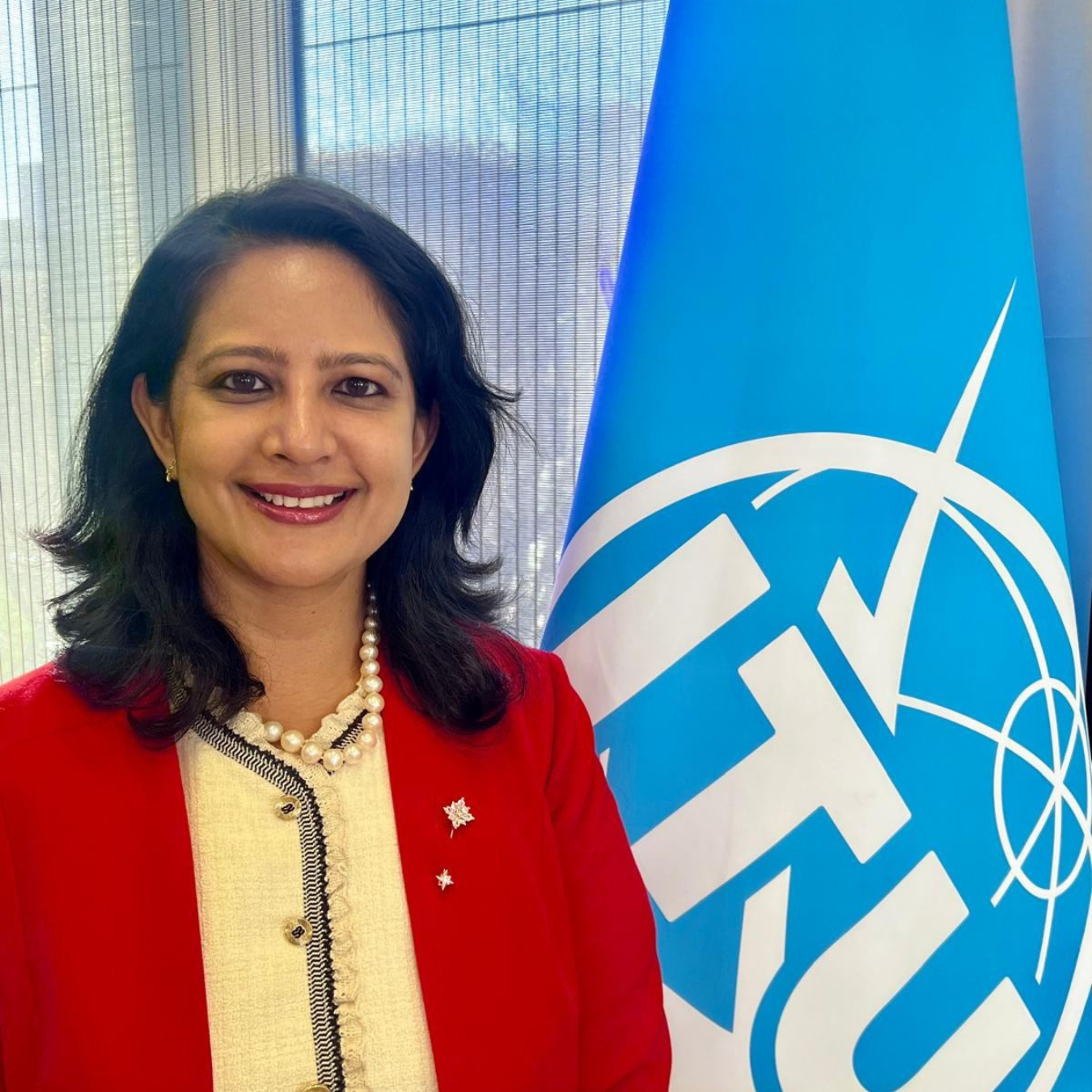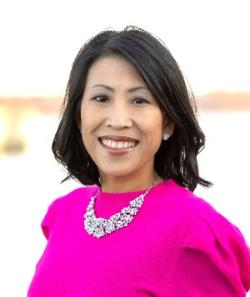CSW69/Beijing+30 Side Event: Digital Gender Mainstreaming: Advancing Equity in the Digital Era
ITU, WSIS, Government of Switzerland, Government of United Kingdom, International Gender Champions, UNDP
Session 123
.png)
ON-SITE event, taking place from 13:15 to 14:30 New York Time, at UN Headquarters, Conference Room E
The digital revolution has created unprecedented opportunities for innovation, economic growth, and social transformation. The use of Artificial Intelligence (AI) technologies has real consequences for people’s prosperity. AI is informing decisions on staff recruitment, public services, health diagnosis and so much more.
Globally, 70 per cent of men are using the Internet, compared with 65 per cent of women. This means there are 189 million more men than women using the Internet in 2024. This difference has been decreasing since 2021, when it stood at 277 million*. ITU Facts and Figures 2024
However, the digital gender divide remains a significant barrier to equity and inclusion. Women are underrepresented in key areas such as AI, cybersecurity, and leadership roles in tech companies. Furthermore, AI and other emerging technologies often reflect and reinforce existing biases due to a lack of diversity in their development. The under-representation of women in tech and decision making, significant gaps in digital literacy and a rise in technology-facilitated GBV also threaten to exacerbate existing inequalities.
Bridging the gender digital divide is a collective effort between all stakeholders; governments, the private sector, academia, the technical community, the UN system and the civil society.
International Gender Champions (IGC) is a leadership network that brings together decision-makers determined to break down gender barriers and make gender equality a working reality in their spheres of influence. The IGC Impact Group on New and Emerging Technologies focuses on ensuring that gender perspectives and the goal of gender equality are a central component of the newly adopted Global Digital Compact, as well as explore how this can be translated into concrete, impactful actions at the national and regional level. More generally it will strive to integrate digital and new emerging technologies in all gender equality conversations ahead of CSW69 / Beijing +30 and beyond, as well as align WSIS Action Lines and Beijing +30 Objectives in context to the WSIS+20 Review.
Global UN processes like Beijing+30 and the World Summit on the Information Society(WSIS) process including its annual WSIS Forum, have been working with all stakeholders to strengthen digital gender mainstreaming.
Objectives of the Side Event
To address the disparities in access to and fully usage of digital technologies, this side-event aims to identify actionable steps to close the gender digital divide, enabling women to participate fully in the digital transformation and to contribute to the shaping the future of technology.
The speakers will explore and promote strategies for integrating a gender perspective into global digital policy discussions including Beijing +30 and the WSIS+20 Review. They will also present examples of concrete actions on the ground to increase women's participation in decision-making, for a more inclusive digital world.
.png?maxwidth=250)









-
 C1. The role of governments and all stakeholders in the promotion of ICTs for development
C1. The role of governments and all stakeholders in the promotion of ICTs for development
-
 C2. Information and communication infrastructure
C2. Information and communication infrastructure
-
 C3. Access to information and knowledge
C3. Access to information and knowledge
-
 C4. Capacity building
C4. Capacity building
-
 C5. Building confidence and security in use of ICTs
C5. Building confidence and security in use of ICTs
-
 C6. Enabling environment
C6. Enabling environment
-
 C7. ICT applications: benefits in all aspects of life — E-government
C7. ICT applications: benefits in all aspects of life — E-government
-
 C7. ICT applications: benefits in all aspects of life — E-business
C7. ICT applications: benefits in all aspects of life — E-business
-
 C7. ICT applications: benefits in all aspects of life — E-learning
C7. ICT applications: benefits in all aspects of life — E-learning
-
 C7. ICT applications: benefits in all aspects of life — E-health
C7. ICT applications: benefits in all aspects of life — E-health
-
 C7. ICT applications: benefits in all aspects of life — E-employment
C7. ICT applications: benefits in all aspects of life — E-employment
-
 C7. ICT applications: benefits in all aspects of life — E-environment
C7. ICT applications: benefits in all aspects of life — E-environment
-
 C7. ICT applications: benefits in all aspects of life — E-agriculture
C7. ICT applications: benefits in all aspects of life — E-agriculture
-
 C7. ICT applications: benefits in all aspects of life — E-science
C7. ICT applications: benefits in all aspects of life — E-science
-
 C8. Cultural diversity and identity, linguistic diversity and local content
C8. Cultural diversity and identity, linguistic diversity and local content
-
 C9. Media
C9. Media
-
 C10. Ethical dimensions of the Information Society
C10. Ethical dimensions of the Information Society
-
 C11. International and regional cooperation
C11. International and regional cooperation
-
 Goal 5: Achieve gender equality and empower all women and girls
Goal 5: Achieve gender equality and empower all women and girls
.jpg?maxwidth=2160)
.jpg?maxwidth=2160)
.jpg?maxwidth=2160)
.jpg?maxwidth=2160)
.png?maxwidth=2160)